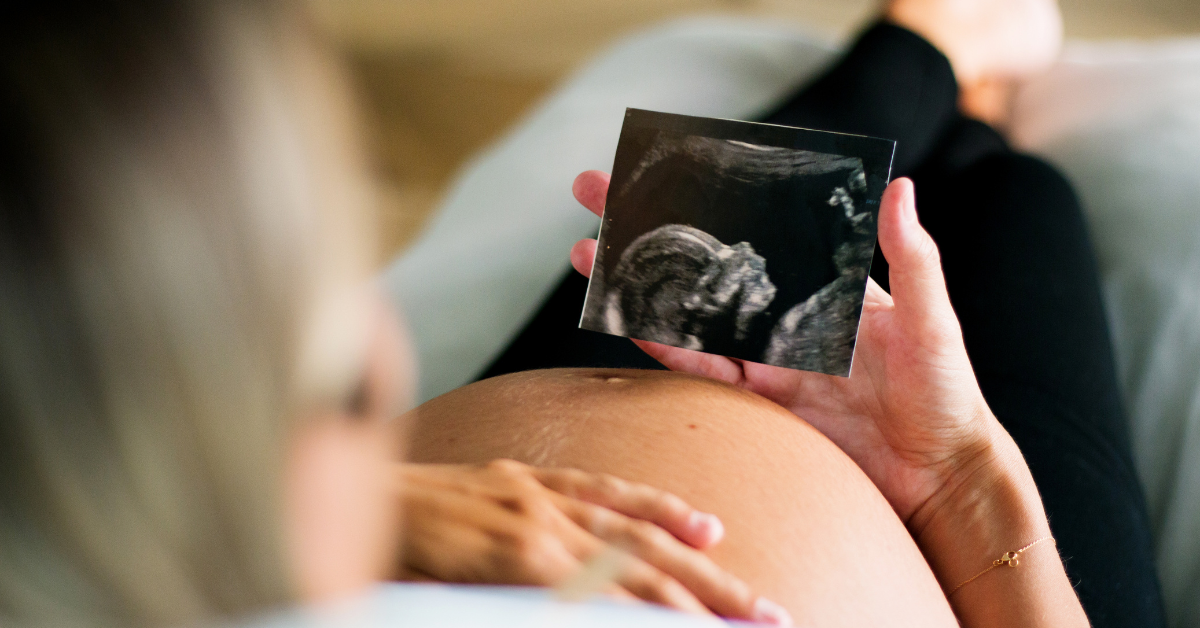Your basket is currently empty!
1 Month Pregnant: What to Expect and How to Care for Yourself

The first month of pregnancy marks the beginning of an incredible journey. Though you might not yet see any visible changes, significant developments are happening inside your body. Understanding these changes and knowing what to expect can help you navigate this exciting time with confidence. This article provides detailed information on what happens during the first month of pregnancy, including symptoms, fetal development, and important tips for self-care.
Week-by-Week Breakdown
Week 1-2: Conception and Implantation
During the first two weeks, you may not even realize you are pregnant. This period is typically calculated from the first day of your last menstrual period (LMP). Ovulation usually occurs around the middle of your cycle, and if an egg is fertilized by sperm, conception occurs.
- Ovulation: Around day 14 of a 28-day cycle.
- Fertilization: The sperm meets the egg in the fallopian tube.
- Implantation: The fertilized egg travels to the uterus and implants into the uterine lining.
Week 3: Cellular Division and Development
Once implantation occurs, the fertilized egg (now called a blastocyst) begins to divide and grow rapidly. The cells start differentiating into the embryo and the placenta, which will support the baby’s development.
- Blastocyst Formation: Rapid cell division occurs.
- Differentiation: Cells begin to specialize into different roles.
Week 4: Early Pregnancy Symptoms
By the fourth week, you may start noticing some early pregnancy symptoms as your body adjusts to the hormonal changes. These symptoms are often subtle but can be an early indication of pregnancy.
Early Pregnancy Symptoms
1. Missed Period
One of the most reliable early signs of pregnancy is a missed period. If your menstrual cycle is regular and you miss a period, it could be an early indication that you are pregnant.
2. Nausea and Morning Sickness
Morning sickness can start as early as the first month, although it is more common in the following weeks. Nausea can occur at any time of the day and is thought to be linked to rising hormone levels.
3. Breast Changes
Your breasts may become tender, swollen, or sore due to hormonal changes. The areolas may darken, and you might notice veins becoming more visible.
4. Fatigue
Increased levels of progesterone can make you feel more tired than usual. This hormone helps maintain the pregnancy but can also cause drowsiness and fatigue.
5. Frequent Urination
Hormonal changes and increased blood flow to the pelvic area can cause you to urinate more frequently.
6. Bloating and Cramping
You might experience mild cramping and bloating, similar to premenstrual symptoms, due to the increased hormone levels and the growing uterus.
7. Mood Swings
Hormonal fluctuations can also affect your mood, making you feel more emotional or irritable than usual.
Fetal Development at 1 Month
During the first month, your baby is still very small, about the size of a poppy seed by the end of the fourth week. Here are some key developments:
- Formation of the Amniotic Sac: This fluid-filled sac will cushion and protect the embryo.
- Development of the Placenta: The placenta, which will provide nutrients and oxygen to the baby, begins to form.
- Embryo Development: The embryo consists of three layers – the ectoderm (which will become the skin and nervous system), the mesoderm (which will become the bones, muscles, and circulatory system), and the endoderm (which will form the digestive system, liver, and lungs).
Tips for Self-Care
1. Nutrition and Diet
Eating a balanced diet is crucial during early pregnancy. Focus on nutrient-dense foods such as:
- Fruits and Vegetables: Provide essential vitamins and minerals.
- Whole Grains: Offer fiber and long-lasting energy.
- Lean Proteins: Important for fetal growth and development.
- Dairy: Supplies calcium for bone development.
2. Hydration
Staying hydrated is essential. Aim to drink at least 8-10 glasses of water daily to support increased blood volume and maintain overall health.
3. Prenatal Vitamins
Start taking prenatal vitamins as recommended by your healthcare provider. These typically include folic acid, which is crucial for preventing neural tube defects.
4. Rest and Relaxation
Ensure you get plenty of rest to combat fatigue. Practice relaxation techniques such as deep breathing, meditation, or prenatal yoga to reduce stress.
5. Avoid Harmful Substances
Refrain from consuming alcohol, tobacco, and other harmful substances. These can negatively affect fetal development.
6. Exercise
Engage in gentle exercise, such as walking or swimming, to maintain fitness and reduce stress. Always consult your healthcare provider before starting any new exercise regimen.
When to See a Doctor
It’s important to schedule your first prenatal appointment as soon as you suspect you are pregnant. Early prenatal care is crucial for monitoring the health of both you and your baby. During your visit, your healthcare provider will:
- Confirm your pregnancy with a blood test or ultrasound.
- Estimate your due date.
- Discuss any medical conditions or medications you are taking.
- Provide guidance on nutrition, exercise, and prenatal vitamins.
Conclusion
The first month of pregnancy is a time of significant change and development, both for you and your baby. Understanding what to expect and how to care for yourself can help you navigate this exciting time with confidence. Pay attention to your body, maintain a healthy lifestyle, and seek early prenatal care to ensure a healthy pregnancy journey.







